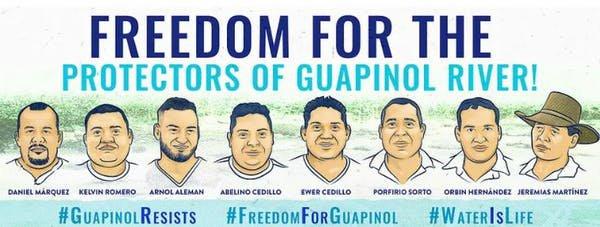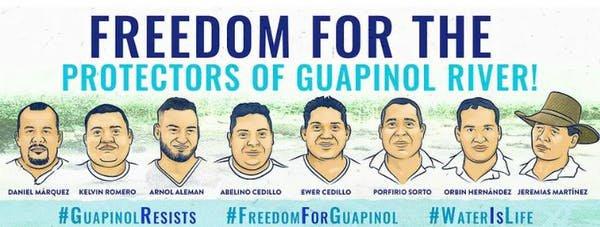COFADEH documented the case of José Antonio Torres Meza, 40 years old, originally from Catacamas, Olancho. He lived 11 years in exile, until last February 11, when he entered through the customs of El Amatillo to attend his mother's funeral, but was captured. He was being prosecuted since August 2009, for the alleged crimes of terrorism and aggravated arson to the detriment of the State of Honduras, the group Industrias Turísticas (INTUR) and Ladislao Augusto Servellón Aguilar. The Public Prosecutor's Office, who accused Torres 12 years ago, had no choice but to follow COFADEH's demand for release and Judge 2 of the Criminal Court of Tegucigalpa ruled the immediate release of the victim, which will be effective tomorrow.
- Home
- About Us
- Issues
- Countries
- Rapid Response Network
- Young Adults
- Get Involved
- Calendar
- Donate
- Blog



